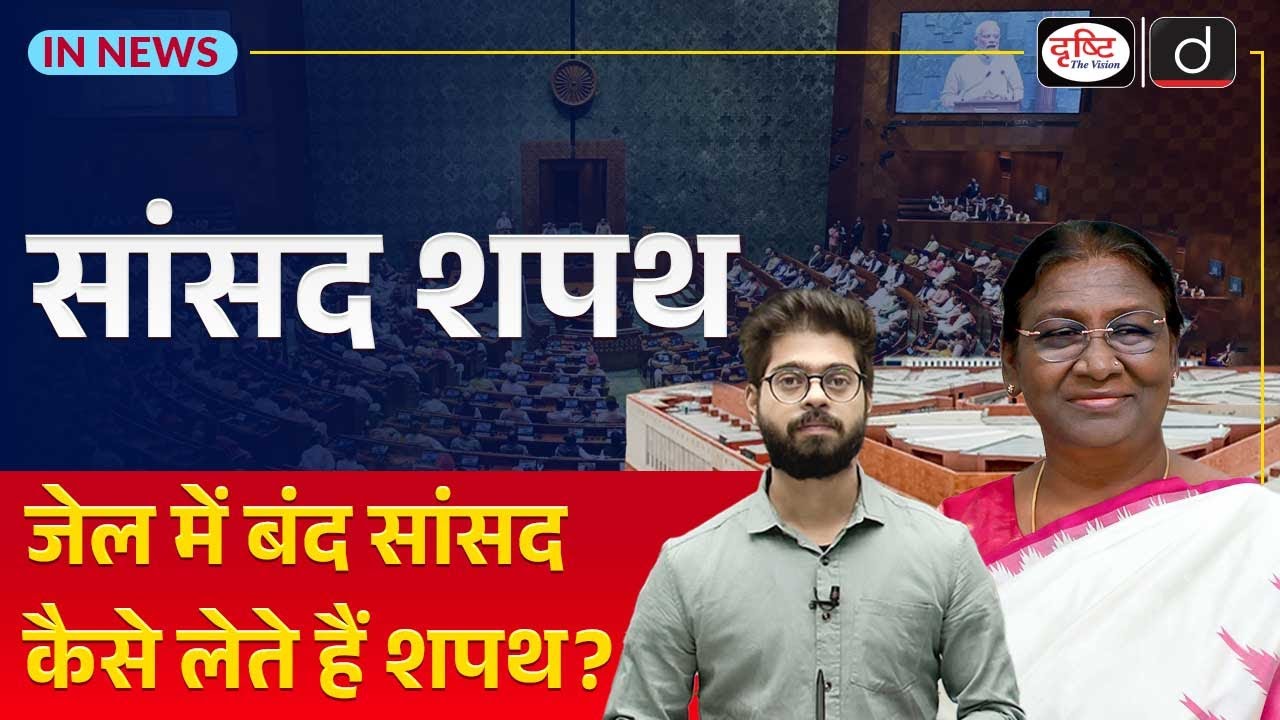Article 243ZK में क्या है ? | Article 243ZK Indian Constitutions | Constitution of India
Summary
TLDRThe video script discusses the election process for board members of cooperative societies in India, as outlined by the Constitution's Article 243-T. It explains the timing of elections, which must occur before the term of the current board ends, ensuring a seamless transition. The script also covers the responsibilities of the election commissioner and the role of the state legislature in setting the rules and guidelines for the election process, emphasizing that the state government holds the authority to conduct these elections.
Takeaways
- 😀 The video discusses the election process and the term of office for the board members of cooperative societies.
- 🏛️ Article 243 of the Constitution and the board's term of 5 years are mentioned, emphasizing the importance of timely elections.
- 🗳️ Elections for the board members should be conducted before the end of the current term to ensure a smooth transition.
- 📝 The responsibility for conducting elections lies with the state legislature, which will also determine the process and guidelines.
- 📋 The state legislature can establish rules and procedures for the elections, but the actual conduct of the elections is not given to the Election Commission.
- 👥 The video mentions that the board members of cooperative societies will be elected by a committee, the details of which are to be determined by the state legislature.
- 📊 The number of cooperative society members involved in the committee and their selection process is a point of discussion.
- 📅 The timing of the elections is crucial to avoid any overlap or gap in the board's term of office.
- 👤 The video script implies that the state government and its legislative assembly have the authority to decide the specifics of the election process for cooperative society board members.
- 📖 The process of preparing the voter list and overseeing all elections is to be based on the regulations set by the state legislature.
- 🔑 The authority to oversee the conduct of elections and control is vested in the official or body appointed by the state legislature through legislation.
Q & A
What is the topic of discussion in the provided script?
-The topic of discussion is the election process and the role of the board members in cooperative societies, as governed by the Constitution's Article 243 and the board's term.
What is the significance of Article 243 in the context of the script?
-Article 243 of the Constitution outlines the provisions for the election of board members in cooperative societies and the establishment of rules and regulations for their governance.
What is the term of the board in the context of the script?
-The term of the board, as mentioned in the script, is typically 5 years, and elections for new board members are conducted before the term of the existing board ends.
How is the election of board members ensured to be seamless?
-The election of board members is conducted before the term of the existing board ends to ensure a seamless transition, preventing any gap in the board's functioning.
What is the role of the state legislature in the election process of cooperative society board members?
-The state legislature is responsible for formulating the rules, regulations, and procedures for the conduct of elections for the board members of cooperative societies.
What is the process for preparing the voter list for the elections of cooperative societies?
-The process involves preparing a voter list for all elections of cooperative societies, which is overseen and directed by an official or authority appointed by the state legislature.
Who is responsible for conducting the elections of cooperative society board members?
-The responsibility of conducting the elections lies with an official or authority appointed by the state legislature, based on the rules and regulations established by it.
What is the role of the Election Commission in this context?
-The script does not assign a specific role to the Election Commission in the conduct of elections for cooperative society board members. The responsibility is given to an official appointed by the state legislature.
Can the state legislature delegate the responsibility of conducting elections to another body?
-The state legislature can delegate the responsibility of conducting elections and establishing the process to another body or authority, as per the rules and regulations it sets.
What is the purpose of having a pre-elected board in place?
-The purpose of having a pre-elected board in place is to ensure that the newly elected board members can take over immediately after the term of the existing board members ends, maintaining continuity in the board's operations.
How does the script relate the process of electing a president to the election of cooperative society board members?
-The script draws a parallel between the election of a president, where the new president is elected before the term of the outgoing president ends, and the election of cooperative society board members, emphasizing the importance of a seamless transition.
Outlines

This section is available to paid users only. Please upgrade to access this part.
Upgrade NowMindmap

This section is available to paid users only. Please upgrade to access this part.
Upgrade NowKeywords

This section is available to paid users only. Please upgrade to access this part.
Upgrade NowHighlights

This section is available to paid users only. Please upgrade to access this part.
Upgrade NowTranscripts

This section is available to paid users only. Please upgrade to access this part.
Upgrade NowBrowse More Related Video

Lok Sabha How do MPs take oath? What if an MP is in jail? InNews | Drishti IAS

Election Commission Powers and Functions of Election Commission

The Constitution: The Limited Powers of Congress | 5-Minute Video

VIDEO PEMBELAJARAN EKONOMI KELAS X SISA HASIL USAHA SHU

The Directors Series: Board Evaluation | Elena Leonidou

Co-Operative Society Audit - Types of Audit - CS Foundation
5.0 / 5 (0 votes)